It's a well known meme at this point but what does it actually mean? If you hold crypto currency and dont know how the basic cryptographic mechanisms used to protect the integrity of the blockchain works, this post is for you.
Wait, what keys?
Your crypto wallet is associated with a cryptographic key pair consisting of a public key and a private key. This is known as asymmetric cryptography, as oppose to symmetric cryptography where the same key is used to both decrypt and encrypt. The public key is calculated from the private key but the private key cannot be calculated from the public key. The private key is basically a long randomly generated number. The number of possible numbers is astronomical and hard to even comprehend. The number of sand grains on earth does not even come close so guessing a number that corresponds to a crypto currency wallet is practically impossible. How many possibilities exist you ask? About 115 quattuorvigintillion. Yes, that's a real number. It's more than the number of atoms in the perceivable universe. A lot more.
The private key is used to sign transactions and the public key can be used to verify that the signature was indeed generated with the associated private key. The public key is also used to derive your wallet address.
Since we are pretty terrible at remembering and interacting with extremely large numbers we can use a series of words to derive the private key. This is the 24 word recovery seed phrase you get when creating a new wallet. Those words are a mnemonic representation of the private key and needs to be treated as such. NEVER give away your seed phrase as it allows anyone to recreate the private key and access your funds. That seed phrase exists so that you can write it down somewhere safe, preferably not on a digital medium at all.
The private key is effectively what gives you full access to your crypto wallet as it enables the ability to authenticate transactions from the associated wallet. If your private key falls in the hand of someone else, they now have the ability to send your coins somewhere else as they can sign transactions. It's therefore vital to protect the private key, and the associated seed phrase at all costs. There are a number of ways to do this:
- Centralized Exchange: Not really a correct answer but I'll mention it for educational purposes. In this case you don't own the keys at all and trust a third party with custody of your crypto currency. You save yourself the hassle of securely storing any keys but control over your funds is entirely at the mercy of the exchange provider. It can be a secure solution but it's important to know what it means. Almost crypto currency exchanges I know of have a clause in the terms of agreement specifically stating that they are not liable for loss of funds due to hacks or other technical faults.
- Software Wallet: A purely software based solution where the private key is stored locally on the same device as the software you use to interact with the wallet. Its a practical solution but you have to trust the software vendor and the device you run it on, typically a smartphone or a computer, both which have large attack surfaces.
- Hardware Wallet: A dedicated device with secure storage that stores your private key. In order to sign transactions you connect the hardware wallet to your PC or phone and some sort of application sends the transaction to your hardware wallet and gets the signed transaction in return. The private key never leaves the hardware wallet and therefore you introduce a vital level of isolation from your wallet software. Note that hardware wallets can never be 100% secure. We must assume there will always be a way to extract key material from the device through some sort of vulnerabilty, but 99,99% of us it's secure enough.
- Seed Phrase storage only: The most secure way to store your private key is to not store it at all. When creating a new wallet the private key is generated and the seed phrase derived as a human readable representation of that private key as a collection of words used to derive the private key. The seed phrase needs to be stored securely regardless of what sort of wallet you intend to use as it allows you to recover the private key in the future. You could avoid storing the actual private key at all and only ever derive it again and use it at some point in the future if you want to send crypto funds using the seed phrase. As long as you can store the seed phrase securely it's impossible for anyone to steal your coins. It really is a pain in practice if you send transactions regularly though since you need to go through the whole process of generating the private key every time which additionally can pose a security risk as the seed phrase needs to be inputted into some sort of software.
Hopefully this little lesson made you more aware of the importance of securing your keys. If you read this post and felt some degree of nervousness or paranoia then that's probably a good thing.
[link] [comments]

You can get bonuses upto $100 FREE BONUS when you:
💰 Install these recommended apps:
💲 SocialGood - 100% Crypto Back on Everyday Shopping
💲 xPortal - The DeFi For The Next Billion
💲 CryptoTab Browser - Lightweight, fast, and ready to mine!
💰 Register on these recommended exchanges:
🟡 Binance🟡 Bitfinex🟡 Bitmart🟡 Bittrex🟡 Bitget
🟡 CoinEx🟡 Crypto.com🟡 Gate.io🟡 Huobi🟡 Kucoin.

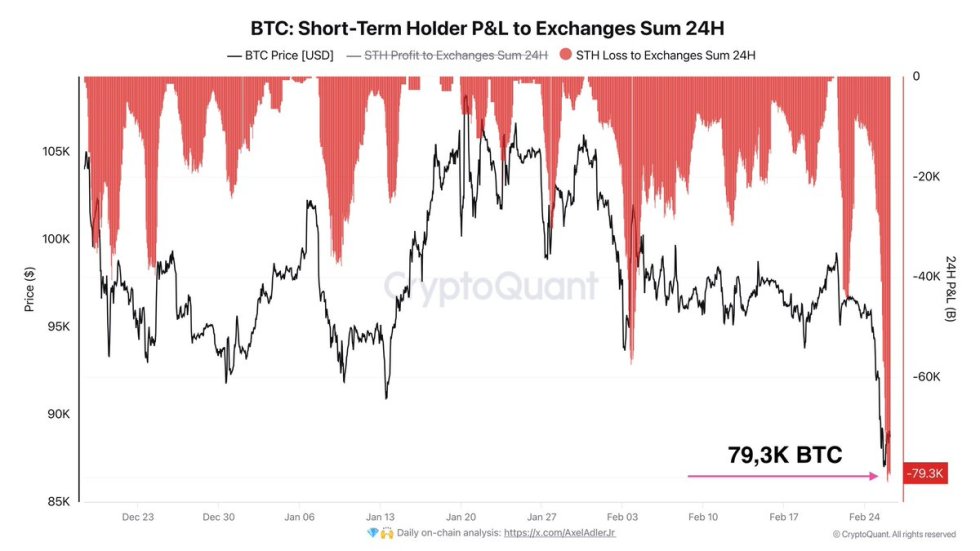


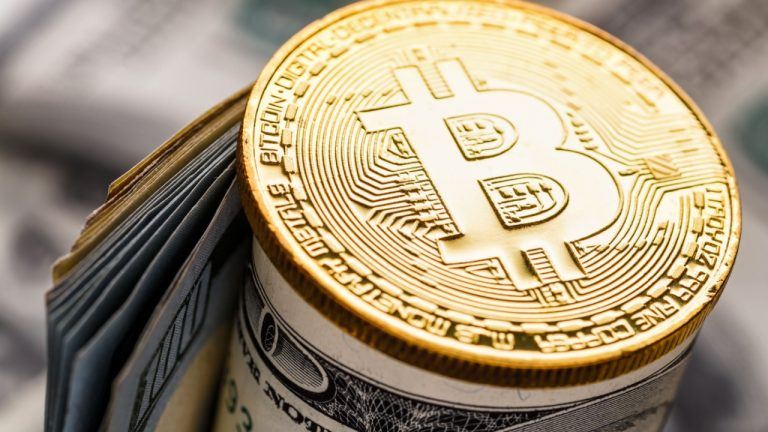








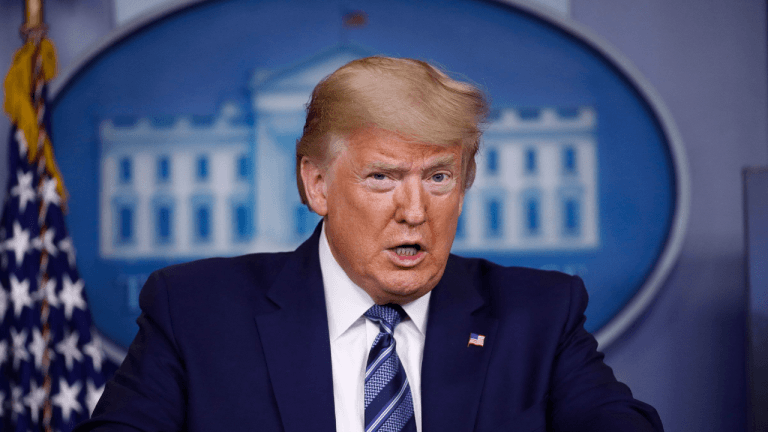

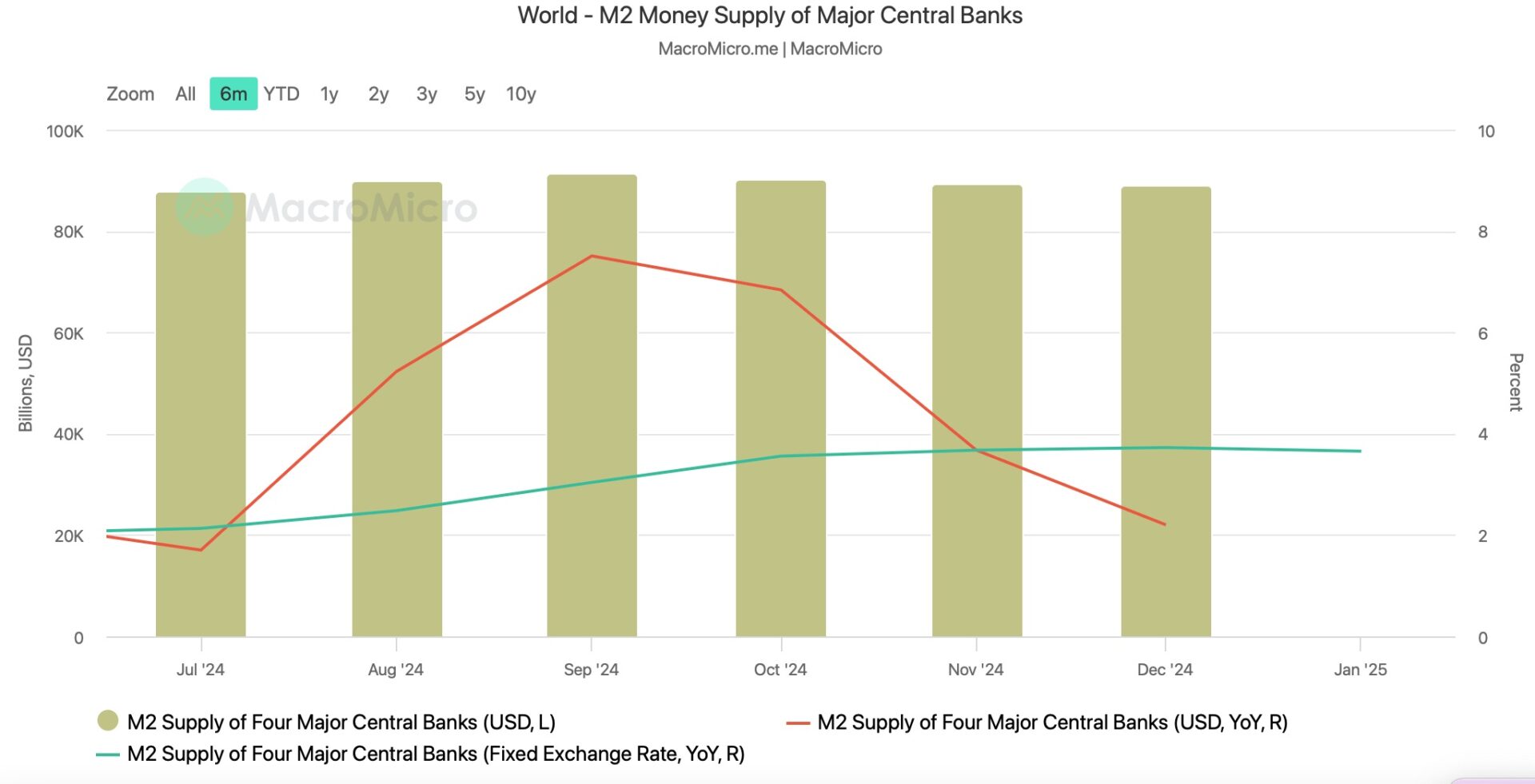


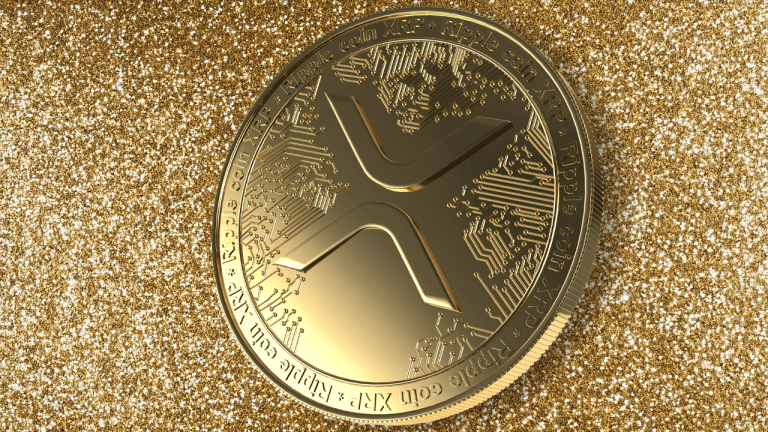
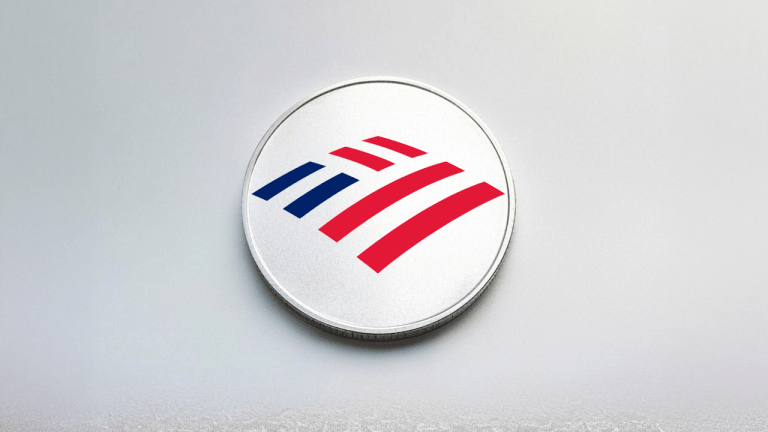
Comments